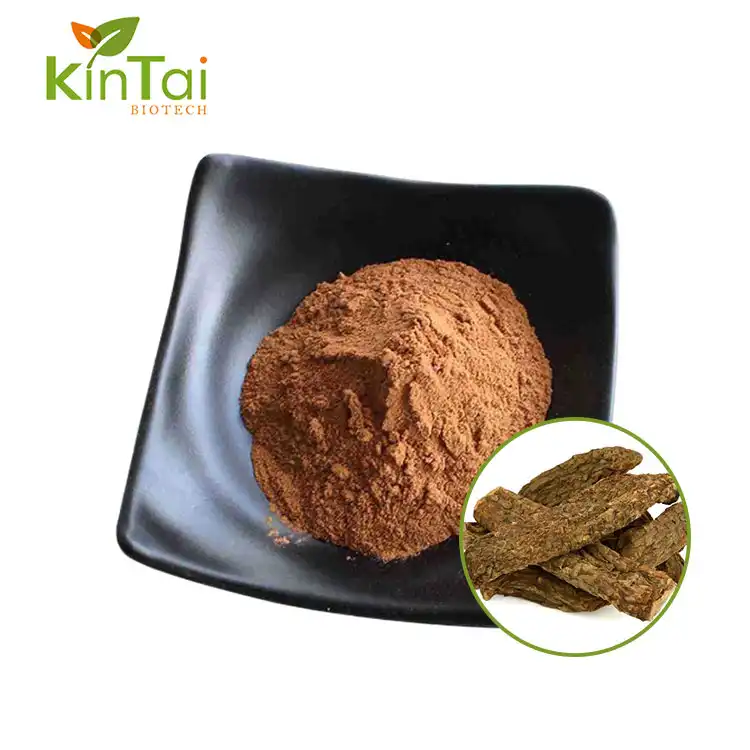Which is better hyaluronic acid or ferulic acid?
2024-05-08 10:35:45
Which is better to use, hyaluronic acid or ferulic acid?
Hyaluronic acid and ferulic acid are two popular constituents that frequently appear in skin care routines. In this composition, we'll dive into the differences between these two complexes, explore their separate benefits for the skin, and address these constantly asked questions Is it wise to use hyaluronic acid and ferulic acid together?
Hyaluronic acid
Hyaluronic acid, a naturally being substance in the mortal body, is celebrated for its unequaled capability to attract and retain humidity.It acts as a hydration maestro, promoting plumpness and elasticity in the skin.
Intense Moisture Retention
The hallmark of hyaluronic acid lies in its capacity to retain water molecules up to 1000 times its weight. This intensive moisture retention ensures optimal hydration levels, fostering a supple and rejuvenated complexion.
Versatile Formulations
Hyaluronic acid seamlessly integrates into various skincare formulations, from serums to creams and masks.
Anti-Aging Marvel
Beyond its hydrating prowess, hyaluronic acid is recognized for its anti-aging benefits. By diminishing the appearance of fine lines and wrinkles, it contributes to a more youthful and radiant skin tone.
Universally Compatible
One of hyaluronic acid's strengths lies in its universal compatibility.Suitable for all skin types, including sensitive and acne-prone skin, it's famed for its high forbearance and minimum threat of adverse responses.
Hyaluronic acid, a naturally being substance in the mortal body, plays a vital part in maintaining skin hydration.Its capability to hold water motes makes it a sought- after component in skincare products. This powerhouse hydrator is known for promoting plumpness and smoothness in the skin, contributing to a youthful and radiant complexion.
What is ferulic acid?
Ferulic acid,deduced from plant sources, is a potent antioxidant servingIt enhances the stability and efficacy of other antioxidants, forming a robust defense against environmental stressors.
Combatant Against Acne
Renowned for its effectiveness in addressing acne concerns, ferulic acid exhibits antimicrobial properties targeting acne-associated bacteria. This multifaceted attribute positions it as a valuable tool in acne management.
Anti-Inflammatory Artisan
Ferulic acid extends its influence as an anti-inflammatory artisan, reducing redness and inflammation.
Hyperpigmentation Diminisher
Azelaic acid's capacity to inhibit melanin production contributes to its role in diminishing hyperpigmentation. It aids in achieving a more even skin tone by targeting dark spots and discoloration.
Gentle Exfoliation
Ferulic acid showcases mild exfoliating properties, facilitating the removal of dead skin cells. This gentle exfoliation promotes smoother skin texture, enhancing the overall radiance of the complexion.
Derived from plants, such as rice bran and oats, ferulic acid helps combat free radical damage caused by factors like UV rays and pollution. Its anti-inflammatory properties make it effective in soothing irritated skin. Also, ferulic acid enhances the stability and effectiveness of other antioxidants, making it a popular choice inanti-aging.
Comparing the Two
Primary Functions
Hyaluronic acid primarily focuses on hydration and moisture retention, contributing to skin plumpness and anti-aging benefits. Ferulic acid, on the other hand, plays a multifaceted part, encompassing antioxidant protection, acne operation, and hyperpigmentation reduction.
Compatibility
Hyaluronic acid is universally compatible, suitable for all skin types. Ferulic acid, while generally well-tolerated, may require careful introduction, especially for individuals with sensitive skin.
Targeted Concerns
Hyaluronic acid is a cornerstone for hydration and anti-aging.
Formulation Variations
Hyaluronic acid finds its place in a variety of skincare formulations, contributing to overall hydration. Ferulic acid is often present in serums or creams, tailored for specific concerns such as acne and hyperpigmentation.
Synergistic Potential
Both hyaluronic acid and ferulic acid can complement each other in a skincare routine. Hyaluronic acid provides intense hydration, while ferulic acid targets specific concerns, creating a balanced approach to skincare.
While hyaluronic acid focuses on hydration and maintaining humidity situations, ferulic acid targets oxidative stress and protects the skin from environmental damage. Rather than being direct competitors, these two ingredients can complement each other effectively.
Can I Use Ferulic Acid And Hyaluronic Acid Together?
The beauty of skincare lies in customization, and using ferulic acid and hyaluronic acid together can create a synergistic effect. Hyaluronic acid addresses hydration, while ferulic acid tackles free radicals and inflammation. However, it's crucial to layer them correctly to ensure optimal absorption and efficacy. Applying hyaluronic acid first to attract and retain moisture, followed by ferulic acid to provide antioxidant protection, is a recommended sequence.
Choose the right product
Selecting the right products with these ingredients is equally important. Look for serums or moisturizers that explicitly mention hyaluronic acid or ferulic acid in their phrasings. It's advisable to start with a lower concentration and gradually increase, as these ingredients can be potent. Always patch-test new products to avoid potential irritations.
Understanding Skin Types
Individual skin types and concerns play a significant role in determining which acid is better suited for your skincare needs. For those with dry or dehydrated skin, hyaluronic acid may take priority, furnishing the important- demanded humidity boost. On the other hand, individuals focusing on anti-aging and combating environmental damage may lean towards incorporating ferulic acid into their routine.
Potential Side Effects
Although hyaluronic acid and ferulic acid are generally allowed, there are hidden side effects that must be worried about. Hyaluronic acid infrequently causes adverse responses, but may beget mild vexation in some cases. Ferulic acid may beget antipathetic responses if used in too high aconcentration.However, be sure to do a patch test and consult a dermatologist, If you have questions about your skin's response.
Conclusion
In the ever- evolving geography of skincare, understanding the benefits of individual constituents is crucial to achieving healthy and radiant skin. Both hyaluronic acid and ferulic acid bring unique parcels to the table, addressing different aspects of skincare.The decision on which is better depends on your specific skin needs and concerns. Embracing a personalized approach and incorporating these ingredients thoughtfully into your routine can lead to a harmonious balance, promoting skin health and vitality.
References
American Academy of Dermatology. (n.d.). Hyaluronic acid: A dermatologist's secret for plump, hydrated skin. Retrieved from
Dermatology Times. (2021). The role of ferulic acid in skincare. Retrieved from
Journal of Investigative Dermatology. (2017). Ferulic acid stabilizes a solution of vitamins C and E and doubles its photoprotection of skin. Retrieved from


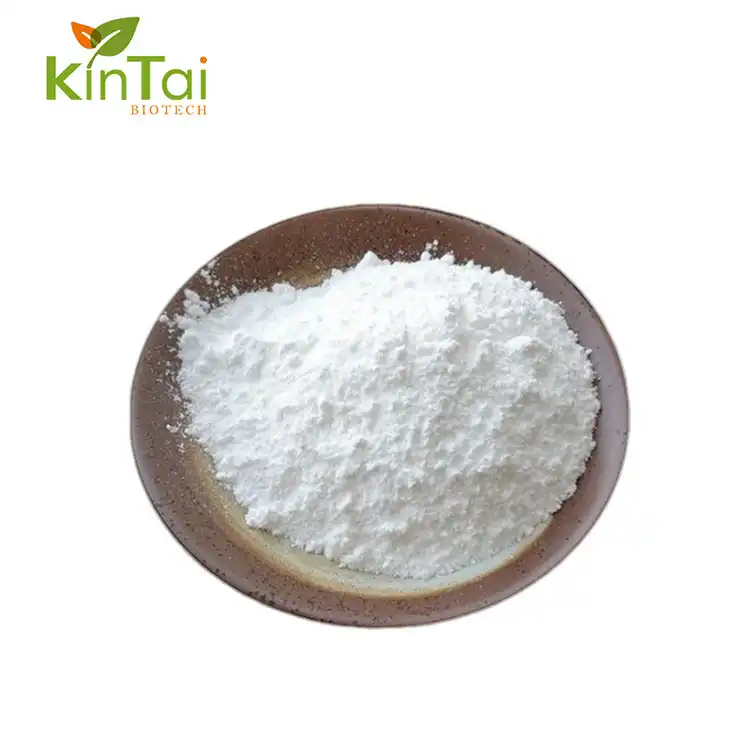
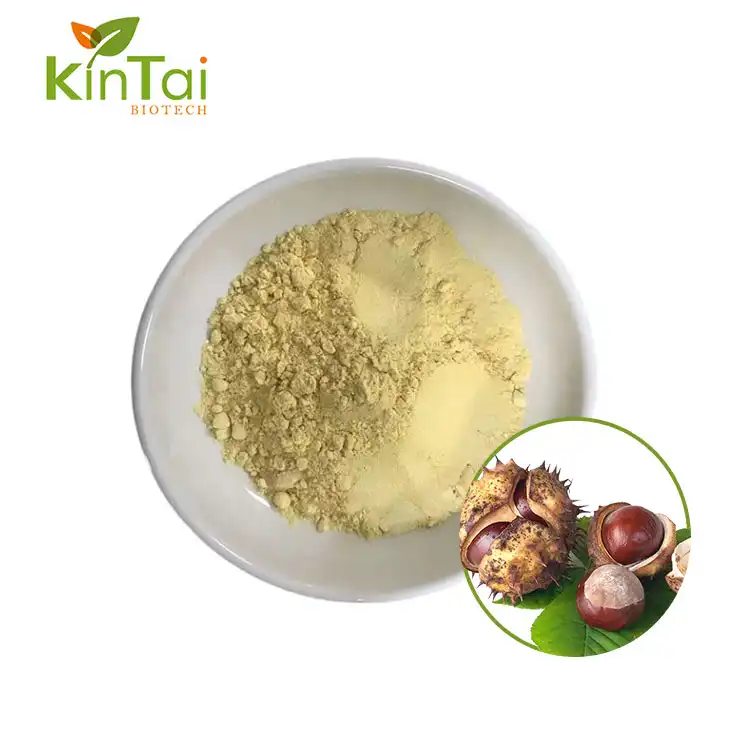
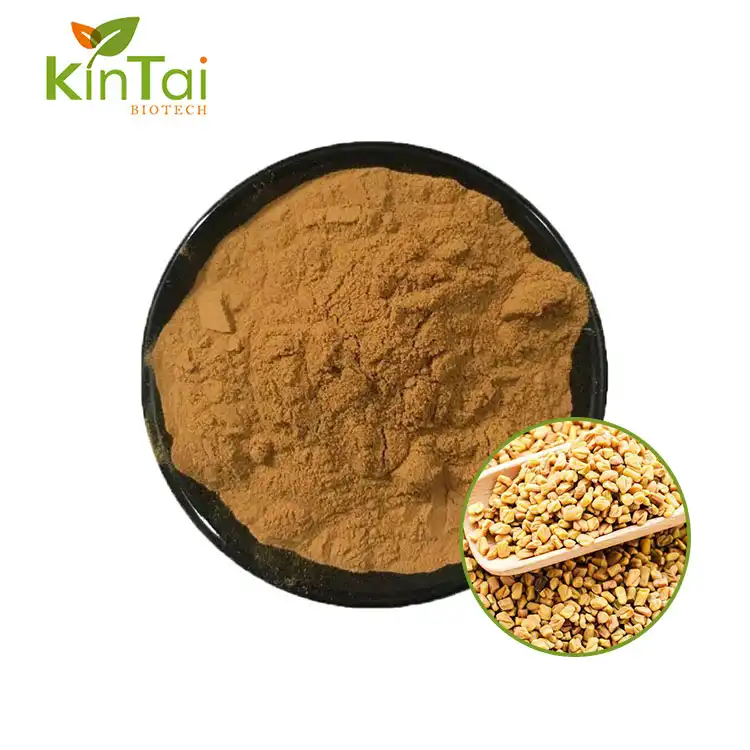
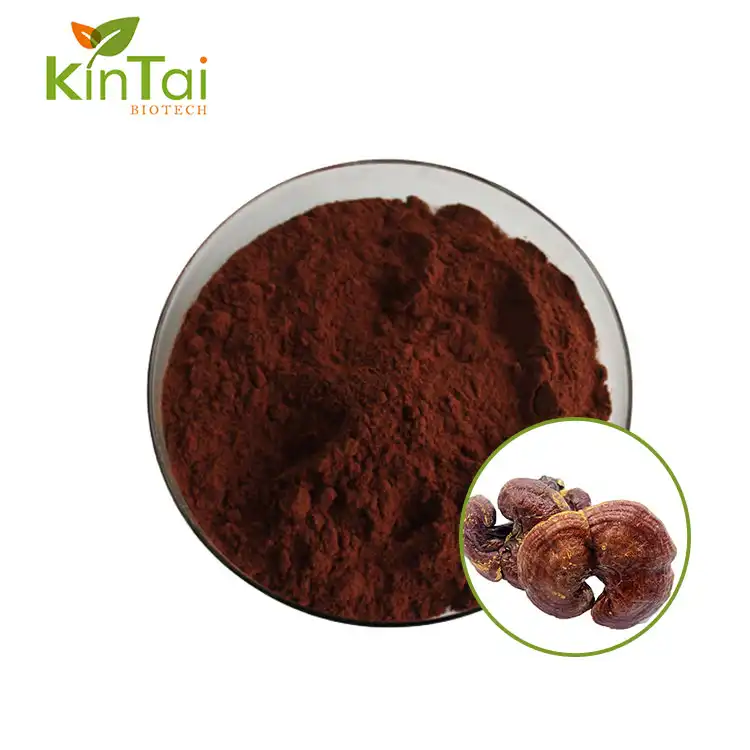
_1757408380544.jpg)
